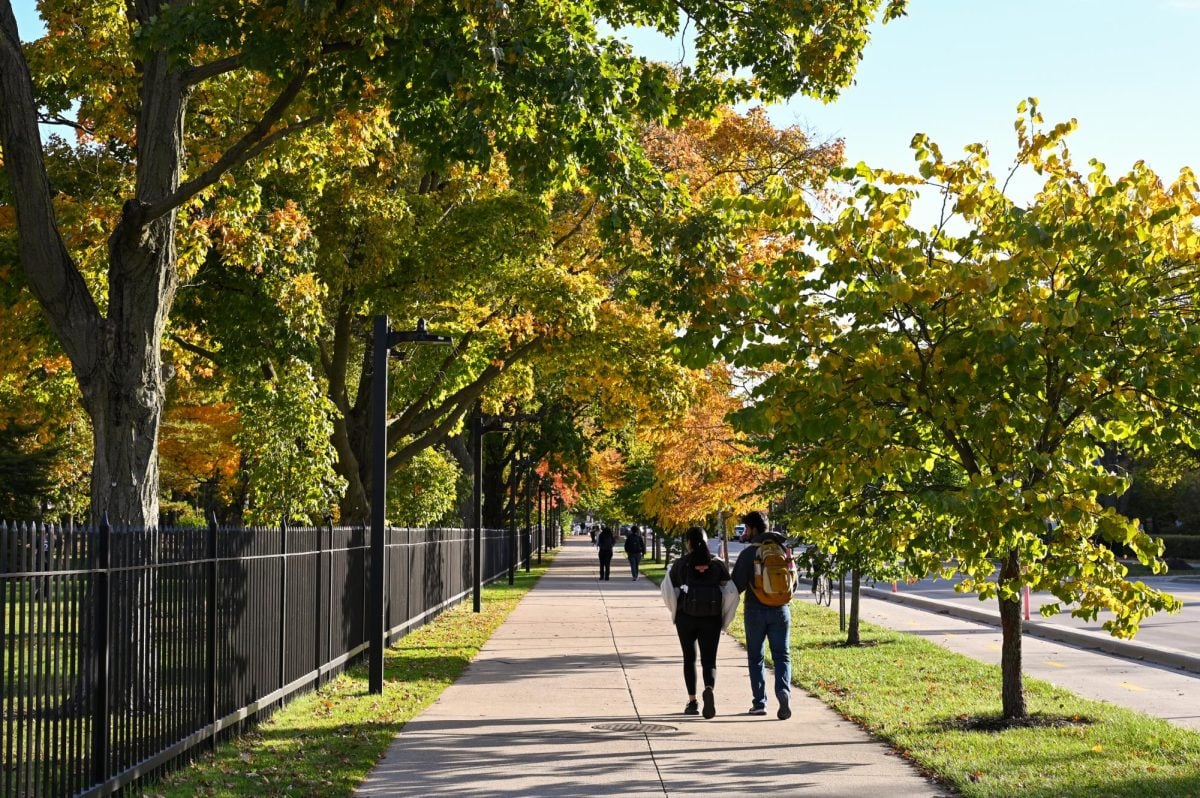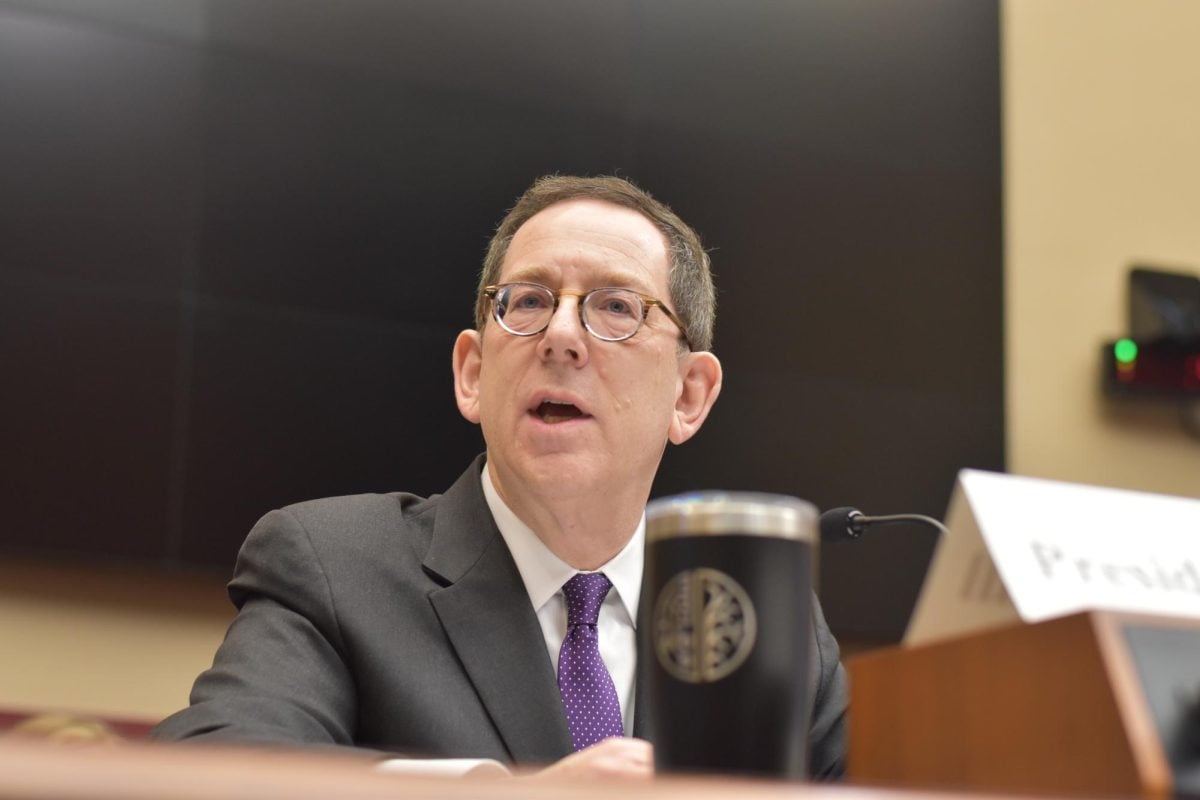Although this flu season has been classified as a national epidemic, with cases reported widespread in nearly every state, the current situation at Northwestern may be much less severe, according to University Health Service.
John Alexander, executive director of the Health Service, said since returning to campus last week, an unofficial count found only 12 students presenting with influenza or influenza-like symptoms. In the weeks leading up to Winter Break, Health Service was averaging one or two cases per week, Alexander said.
He added it is difficult to draw comparisons to last year’s flu season, which was notably mild, but this year has seen many fewer cases than when the H1N1 “swine flu” pandemic broke out in 2009.
“We’re watching very carefully to see where things are,” Alexander said. “We haven’t seen a big outbreak yet.”
Nationally, however, this flu season has hit many regions hard. According to the Centers for Disease Control and Prevention, 47 states reported widespread flu activity as of Jan. 5, with the number of flu-related deaths slightly above the epidemic threshold.
The low number of flu cases at NU can be attributed in part to a “more aggressive” promotion of vaccinations this year, Alexander said. Last quarter, Health Service coordinated flu shot clinics in two dorms and the Kellogg School of Management. The University has run similar clinics at Norris University Center in previous years.
The number of students who received the flu shot, which costs $25, is up 40 percent from the same time last year, he said. This quarter the nurse administering flu vaccines has been “booked solid,” he said.
Weinberg freshman Shivani Kothari, who lives in Sargent Hall, said the clinic in her dorm last quarter made getting the shot convenient for students, especially those on North Campus who do not want to “trudge down” to Searle Hall or vaccination locations in Evanston.
“It was right next to the door,” she said. “You don’t even have to think about it, it’s right there.”
However, a low number of reported cases could also reflect a lack of students heading to Health Service for treatment. Weinberg senior Monica Chi contracted the flu last week, suffering the most severe symptoms on Wednesday and Thursday. Rather than going to Searle, she took medication on her own and rested until her symptoms improved.
Chi said she has noticed the University’s increased flu prevention efforts, but did not get the shot even though she “should have.” Although she herself contracted the flu, Chi said she is not particularly worried about the epidemic.
“It’s definitely something of concern, but then again it could be people panicking amidst another season of the flu,” she said.
Others, though, are more concerned. Some professors have even emailed their students cautioning them to stay home from class to avoid spreading the virus to their classmates. Kothari said she is starting to regret not getting vaccinated.
“Especially at college, if one person gets sick, everyone gets sick,” she said.
Alexander said Health Service will closely monitor its level of flu cases in subsequent weeks.
Students can still set up appointments to get the shot at Health Service, which is bolstering its vaccination supplies with a new shipment next week, Alexander said. Health Service will also consider setting up more off-site flu clinics this quarter if demand warrants it.
Health Service representatives also continue to advocate common-sense preventative precautions — frequent hand washing and sanitizing, avoiding coughing in close proximity to others and remaining physically active.












